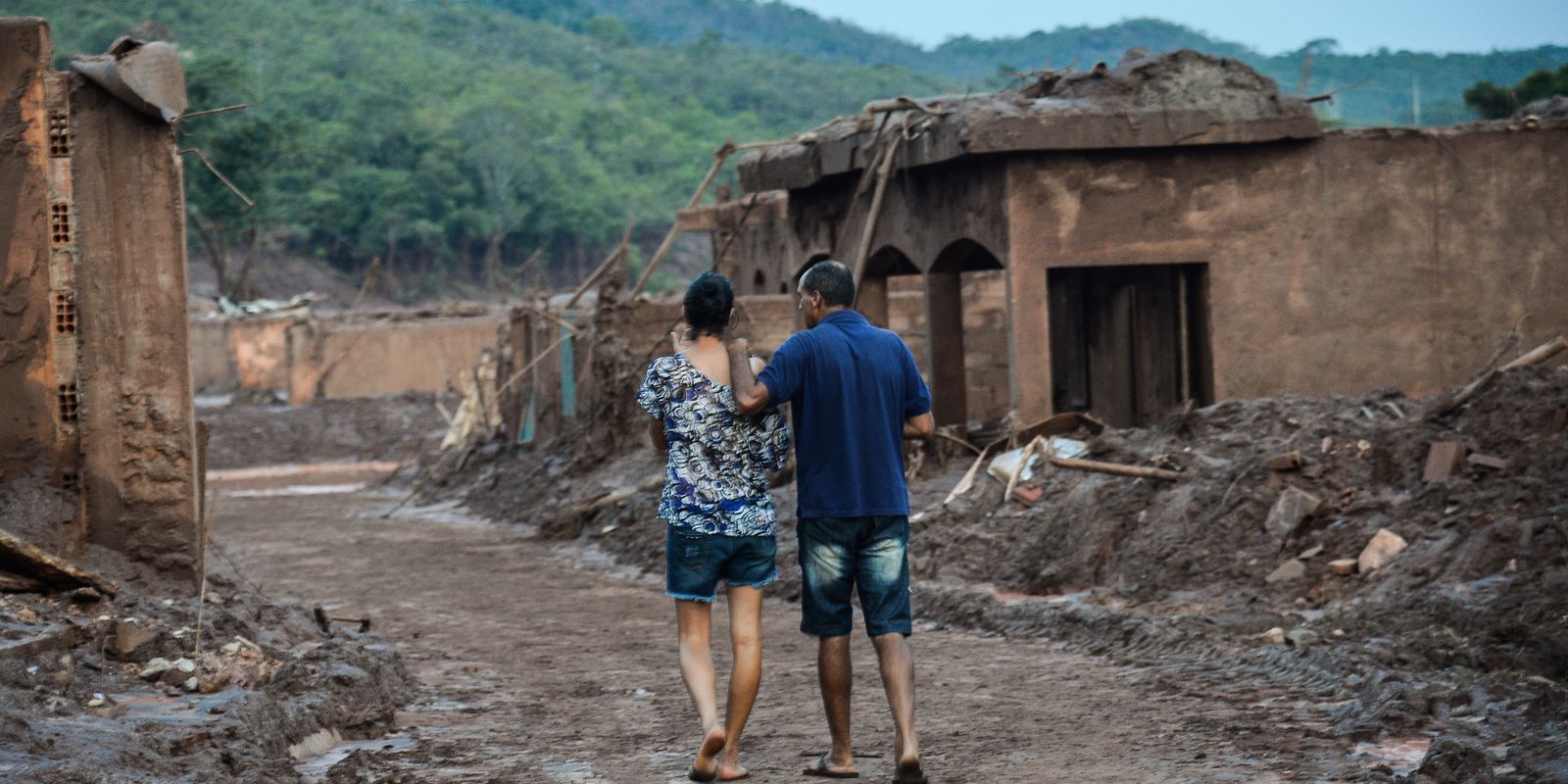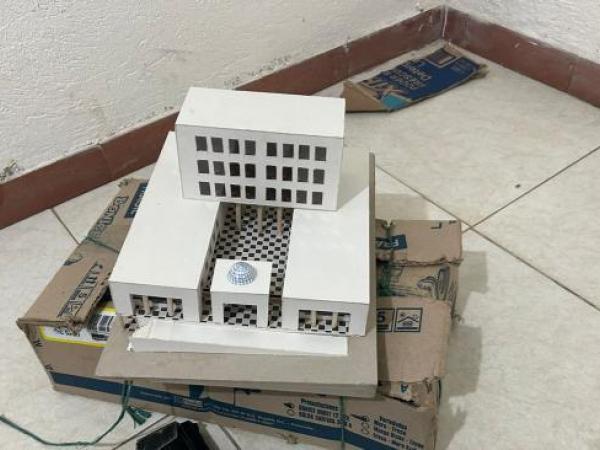The Federal Court has acknowledged the occurrence of serious violations suffered by women in the context of the reparation of damages caused by the collapse of the Samarco mining company’s dam, which affected dozens of municipalities in the Rio Doce basin in 2015. In the decision, an adjustment was ordered in the records and the Renova Foundation, responsible for managing the reparation process, must review, correct and update essential information so that the affected women can claim access to financial aid and compensation programs.
The rulings were signed by Judge Vinicius Cobucci, of the 6th Regional Federal Court (TRF-6). He accepted the arguments presented in a public civil action filed by six justice institutions: the Federal Public Prosecutor’s Office (MPF), the Public Prosecutor’s Office of Minas Gerais (MPMG), the Public Prosecutor’s Office of Espírito Santo (MPES), the Public Defender’s Office of the Union (DPU) and the public defender’s offices of both states.
They alleged that there was differential treatment based on gender during the reparation process undertaken by Samarco and its shareholders Vale and BHP Billiton and executed by the Renova Foundation. Violations allegedly occurred both at the registration stage and during the implementation of the measures. The six justice institutions also they want compensation to be set.
Cobucci considered that the Renova Foundation adopted a bureaucratic, exclusionary and biased methodology in the registration process that did not consider the complexity of family relationships and placed women in a subordinate position in relation to men. He considered that this was a patriarchal model, which centralized information on the figure of the “head of the family”. In this way, the economic and social contributions of women were made invisible, depriving them of access to reparation programs.
Wanted by Brazil AgencySamarco, Vale, BHP Billiton and the Renova Foundation did not comment.
Agreement
When the dam burst, located in the rural area of the city of Mariana (MG), an avalanche of waste was released, resulting in 19 deaths, devastating entire small communities and impacting dozens of municipalities in Minas Gerais and Espírito Santo along the Rio Doce basin. The reparation for the damage caused by the tragedy is based on a Transaction and Conduct Adjustment Agreement (TTAC), an agreement signed between Samarco, its shareholders Vale and BHP Billiton, the federal government and the governments of Minas Gerais and Espírito Santo. More than 40 programs were established.
The model implemented, with the creation of the Renova Foundation to manage all measures, is now considered unsuccessful by the governments involved and also by the justice institutions. Almost nine years later, more than 85 thousand lawsuits regarding the tragedy are still underway in the Brazilian Judiciary. Negotiations to renegotiate the agreement The search for a solution to this legal liability has been dragging on for more than two years, but the values offered by the mining companies have not yet met the governments’ expectations.
In the public civil action that points to the violation of women, the six justice institutions list several problems in the implementation of measures provided for in the TTAC. According to them, although similar numbers of men and women are listed in the registry of those affected, there was a reduced participation of female victims in the hearings held by the Renova Foundation to collect primary data: they represented only 39% of all people involved. Furthermore, only 34% of women were listed as financially responsible for the household.
The institutions claim that the registry is a gateway to reparation programs, so that the reduced participation in data collection creates exclusionary effects and hides the reality of female victims. Furthermore, they claim that the Renova Foundation adopted the concept of a patriarchal family as if it were the only possibility for forming family units. As a result, many women were required to obtain their husbands’ authorization to access and make adjustments to the data. The lawsuit also points out that the reparation process lacks affirmative actions with gender perspectives, thus reinforcing inequalities.
Data
Cobucci’s decision also reiterated a previous determination involving the processing of data of those affected. The Renova Foundation was given a 60-day deadline to present a detailed plan for compliance with the General Data Protection Law (LGPD), in order to ensure that personal information is processed in accordance with current legislation.
Furthermore, he prohibited the requirement to hire a lawyer or public defender to access compensation and emergency aid programs. According to Cobucci, this requirement cannot occur in out-of-court settlements.
Recently, the judge also dismissed the company Kearney as an expert witness in the court. It had been appointed by Judge Mário de Paula Franco Júnior, who had previously been in charge of the case. Kearney acted as an appeals court within the scope of Novel, the name given to a controversial compensation system implemented by Fundação Renova in 2020 and closed last year by order of Cobucci.
The Novel was criticized by organizations representing those affected, who lamented, among other factors, the arbitrary nature of the amounts. Victims who were denied membership by the Renova Foundation could file an appeal, which would be analyzed by Kearney. For Cobucci, one of the many nullities of the Novel was the attribution of prerogatives that do not correspond to the legal function of a judicial expert, which is the production of technical evidence for which the judge does not have specialized knowledge.
Kearney is said to have performed legal assessment functions. The decision that removed the company as an expert also set a deadline of 20 days for the submission of a confidential report detailing all the measures adopted in the processing of information and indicating all the people who had access to the personal data of those affected.
















